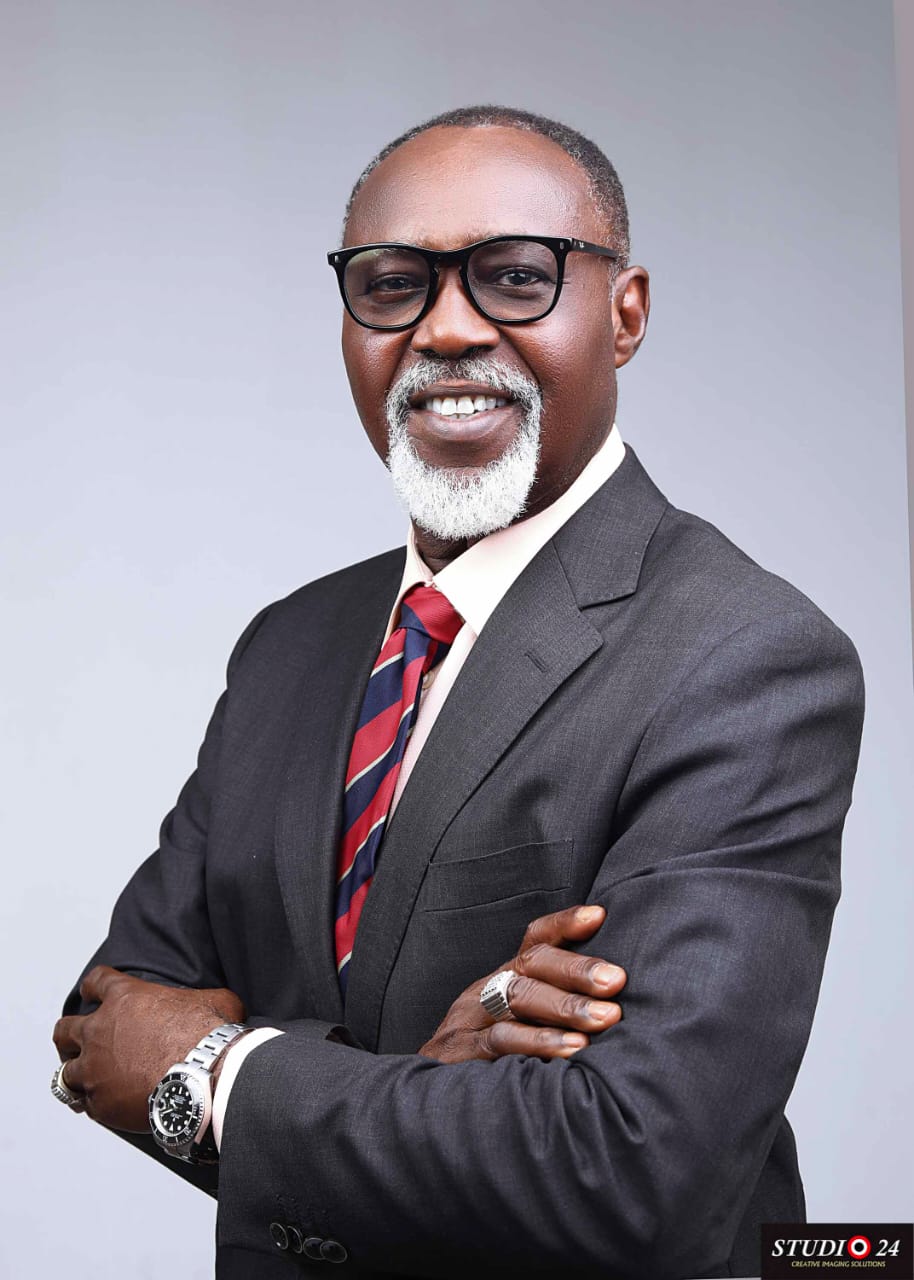The House of Representatives is considering reserving 10 percent of elective seats in the National Assembly for women and 5 percent for persons with disability in the ongoing constitution review process.
The Speaker of the House, Dr Abbas Tajudeen, disclosed this at the second Legislative Open Week of the House.
He explained that reserved-seat representatives would enjoy the same rights, privileges, and committee assignments as their peers.
Dr. Tajudeen, said when it becomes a law, the special seat for women will add an additional 82 members to the National Assembly with 55 members in the House and 28 in the senate.
On the ongoing constitutional reform, Speaker said the Green Chamber is considering 109 amendment bills across various sectors, including electoral, judicial, legislative, and inclusive governance.
”Twelve electoral reform bills address the scheduling of all general elections on a single day, establish independent candidacy, and create a dedicated commission for local government elections.
“Judicial reforms encompass 21 bills designed to streamline appellate processes and strengthen judicial independence”.
“The central feature of the House inclusive governance proposals is the introduction of constitutionally guaranteed reserved seats for women and persons with disabilities.
Seats filled by direct elections
“These seats would be filled through direct elections on separate ballots, with staggered terms to promote continuity and mentorship.
“Five per cent (5%) of seats would be reserved for persons with disabilities, with candidates nominated by accredited disability advocacy organisations.
“Rwanda and Senegal utilized constitutional provisions to increase female representation from under 5% to over 30% in a single cycle.
“South Africa’s voluntary party quota has delivered steady gains, though its success depends on enforcement.
“By embedding reserved seats into our Constitution, we will break the cycle of stagnation,” Abbas submitted.
Dr. Tajudeen said that in its first two sessions, the House introduced 2,263 bills, saying 1,478 have gone through Second Reading, 135 are awaiting further consideration by the House and 339 pending before Standing Committees with five negatived, reflecting rigorous legislative debate.
“Member-sponsored bills accounted for 2,204 of the total, with 26 Executive bills and 33 emanating from the Senate for concurrence.
Senate lauded achievements
The President of the Senate Senator Godswill Akpabio commended the House for the achievement in the past two years and for opening their House for the Nigerians people.
He assured that the Senate will follow suit, while plans are on to organize a joint open week with the Green Chambers.
Akpabio stressed the need to use such event to educate the Nigerian people on the functions of the lawmakers.
This, he noted will help to reduce the large turnover rate in the parliament.
He added that in the Senate, about 80 percent of Senators are new to the parliament.
“This huge turnover rate of lawmakers affects institutional memories in the legislature and even the effective performance of their functions.
He regretted that many Nigerians are unaware of the actual function of the legislators.
As a result, they often pile pressure on them to build roads, provide employment among other executive functions.
“When the lawmaker fails to deliver on these areas, the constituents regard them as failures.
This affects their efforts at returning to the National Assembly,” Akpabio lamented.





